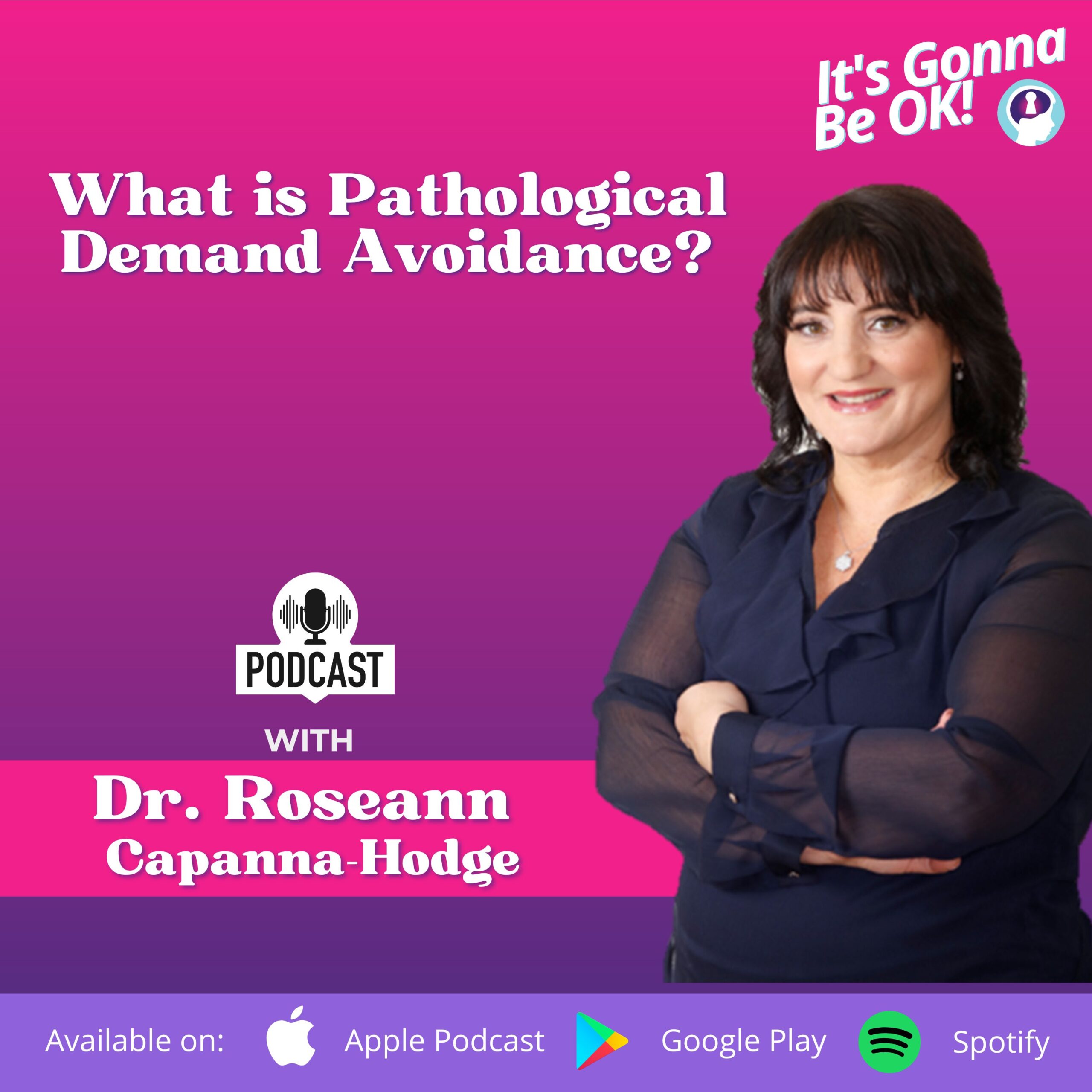At such a young age, kids normally tend to be inattentive or unfocused but when they become consistently fearful, anxious and avoidant, worsening their lack of focus, it’s time to consult a professional to check whether these kids have a clinical diagnosis of ADHD or anxiety.
These two mental health conditions often overlap significantly impacting an individual’s aspects of life. Proper diagnosis, however, is crucial to conduct the appropriate treatment. In today’s episode, we’ll be shedding light on these two mental health disorders.
Anxiety and ADHD are like salt and pepper; they go hand in hand.
Because most mental health disorders are multifaceted, there are conditions that overlap. For example, we can relate anxiety with ADHD, anxiety with PTSD and ADHD with PTSD.
Anxiety and ADHD are two mental health conditions that can be compared to a salt and pepper duo as they go hand in hand. Typically, kids with ADHD are anxious because they’re constantly being corrected.
Because of the overlap between the two, there are many cases wherein these two are often mislabeled – ADHD instead of anxiety and vice-versa. There are also cases where the two occur simultaneously. I have a podcast episode regarding this and if you haven’t checked it out yet, you should go and check it out to learn more about what’s affecting one’s attention and behavior.
Through our Brain Behavior Reset Program where we get to work with people around the world, we are able to conduct brain mapping and a strategy session for purposes of brain checking. We’re able to get to the root of the problem and figure out what’s going on in the brain.
The good thing about this is that I’ve had decades of experience doing this and we use quantitative data to back everything to support our neurofeedback treatment and our Brain Behavior Reset Program.
What does anxiety look like?
When we discuss anxiety, it’s important to take into consideration dysregulation, specifically the internalizers and externalizers. To distinguish the two, internalizers are those that you would think about anxious kids. They may come in the form of worrying too much internally.
For internalizers, they have fearful and anxious thoughts that dictate their actions or inaction. They’re constantly in need of reassurance and tend to be avoidant. They withdraw from social interactions affecting their relationships with others.
On the other hand, externalizers are those who display their anxiety expressly and outwardly through aggression, irritability, restlessness and the like. They often exhibit angry outbursts, verbal or physical aggression, or difficulty managing their anger and frustration.
What is the crossover between anxiety and ADHD?
Kids with ADHD have a hard time focusing and are easily distracted by their own inner thoughts or by their environment. They usually exhibit hyper impulsive behaviors, moving around and touching people and things. Because they have impulse control issues, they also have trouble regulating themselves and doing tasks.
As for anxious kids, they often seek reassurance and validation. Because of this, they have the tendency to always strive for perfection. They also struggle with social interactions as they excessively worry about other people’s perceptions about them.
One of the common denominators between ADHD kids and anxious kids is their avoidant behavior. Both individuals with anxiety and ADHD tend to avoid group dynamics. The stimulation caused by group dynamics may lead to a heightened anxiety which makes it more challenging for anxiety and ADHD kids to focus and process information.
ADHD kids avoid things because they find it difficult or their brain isn’t stimulated enough to accomplish things whereas anxious kids avoid things that will trigger their anxiety or that will leave them feeling distressed.
Both ADHD kids and anxious kids also exhibit low motivation behaviors. In line with this, cases of anxiety and ADHD are unique to each person but fear of failure is common. And as a result, there is little to no participation from their part when it comes to group dynamics.
Parents often tell me during consultations that there’s uncomfortableness or their kids are struggling within themselves. As we know, both ADHD and anxiety cause these kids to be unfocused. Hence, parts of their brain, particularly executive functioning regions, are not able to sustain attention long enough for them to do tasks.
How are anxiety and ADHD different?
The distinguishing factor between anxiety and ADHD lies in the source of the difficulties. The main characteristic of anxiety is the intense emotional and cognitive response to perceived threats or stressors. As for ADHD, the issue stems from difficulties in executive functions, including working memory and self-regulation.
With ADHD, the onset is usually before age 12. On the other hand, anxiety can show up anytime but the average age of onset is age 6. You’re going to see similarities between the two as the symptoms are somehow similar. Still, it is best to consult with a mental health professional to determine the proper diagnosis of your kid.
For more information, you can read this blog post: Anxiety vs. ADHD: WHich One Does My Child Have?
Links and Resources:
➡️ Join our FREE Natural Parenting Community to receive science-backed resources for your child and family. Join here.
➡️ Get help from Dr. Roseann and her team. Apply here.
➡️ “Is it ADHD or something else?” Take the quiz.









